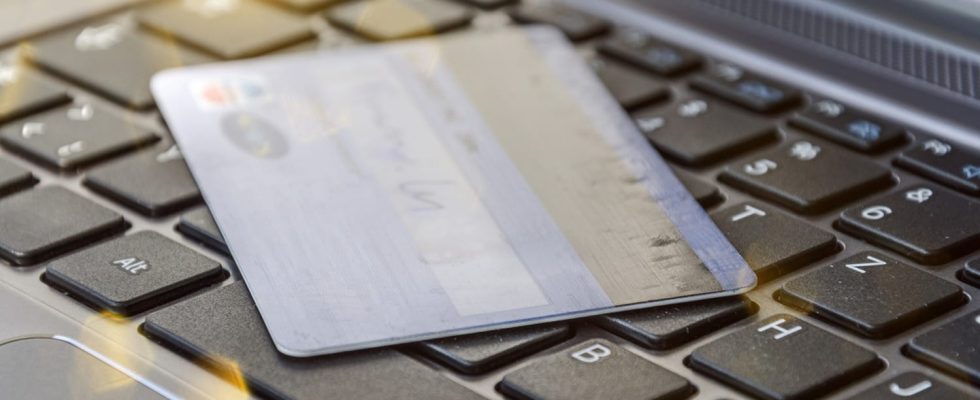Pay attention to automatic transactions on your bank accounts! Many people are currently victims of fraudulent SEPA direct debits amounting to several hundred euros.
Keep a close eye on your banking transactions at this time. And in particular the operations to come! For several days, many people have had the unpleasant surprise of seeing unauthorized European (SEPA) direct debits coming to their bank account, worth between 300 and 650 euros! The unluckiest even had the right to several punctures in the same day! What do these operations have in common? A company called ENS, which claims to have carried out “maintenance work”, if the wording of the operations is to be believed. A way to make victims believe that it is a legitimate banking transaction, all that is more usual. Faced with the growing number of complaints, the Signal-Arnaques site is sounding the alarm.
Direct debit scams: watch your future transactions!
Unlike the usual scams, these are not credit card debits, but direct debits from the account, which is rarer. Also, as explained RTL, it seems that scammers had access to a database containing many IBANs, which allowed them to ask banks to make transfers to their famous company. Good news though: as it is a SEPA direct debit, the transaction is governed by certain rules and it is possible to get a refund.
Is this a bug, an error or a scam? In any case, complaints arrive in number at Signal Arnaques on this subject.
Good news, though: it’s pretty easy to fix. pic.twitter.com/KRkdTgepdT— Signal-Arnaques (@SignalArnaques) April 25, 2023
As Signal-Arnaques points out, “sIf you have not authorized the debit through the signature (physical or electronic) of a mandate, it is a diversion of your means of payment. However, in this case, the monetary code is unambiguous: the bank must reimburse you as soon as possible. Also, even if you authorized the payment, vYou have up to 8 weeks after the direct debit date to contest it with your bank. The latter is obliged to cancel the operation and refund you the full amount.
Indeed, the monetary and financial code (article L133-18) provides that when the customer reports to his bank “an unauthorized payment transaction“, this one must reimburse him “immediately“. The only reason she can get a refund is to “prove fraud or gross negligence” of the customer, according to the monetary and financial code (L.133-23). But it must necessarily advance the reimbursement. In any case, we will have to be vigilant over the next few weeks. If you ever notice anything suspicious, contact your bank immediately. And keep in mind that she has an obligation to withhold payment or refund you, even though she may try to make you believe otherwise!
